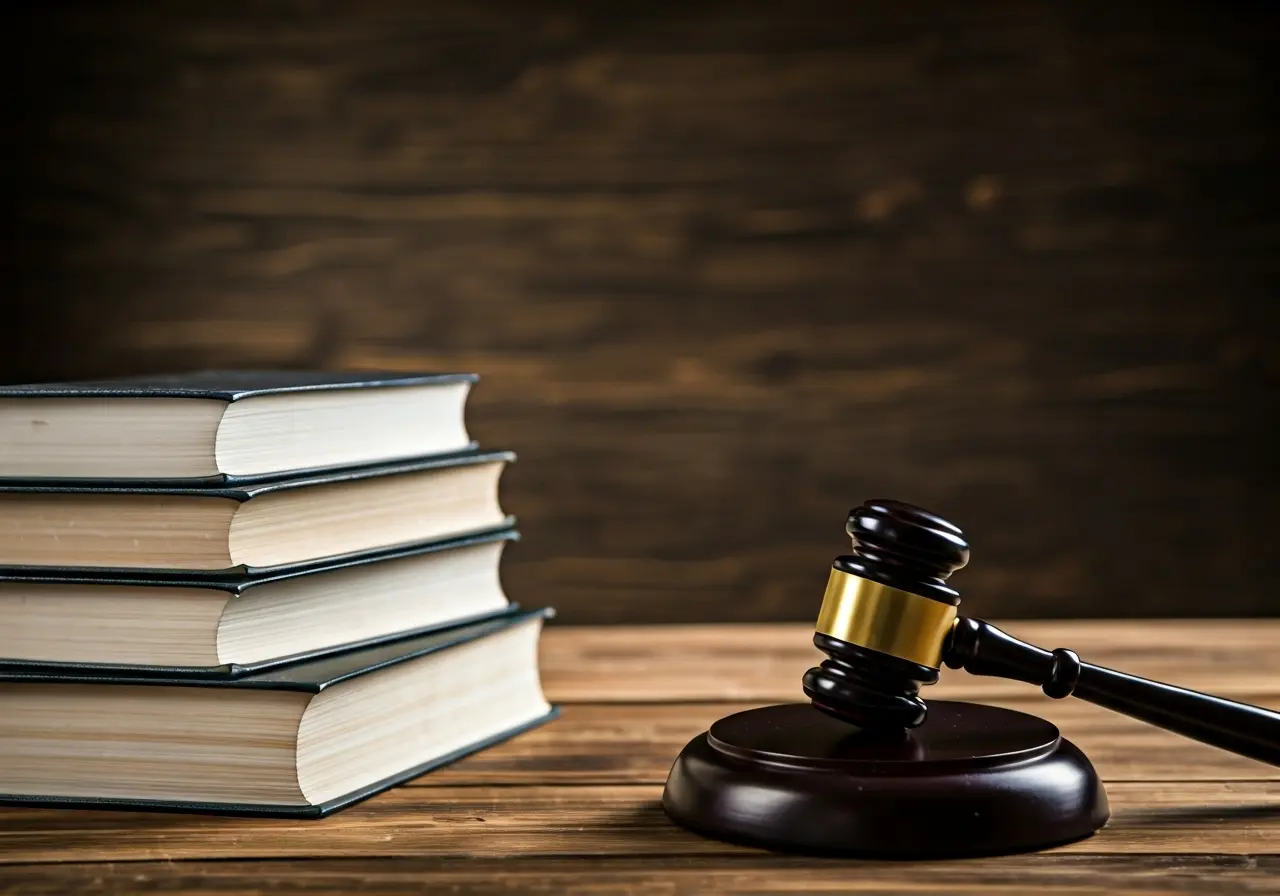Facing a criminal charge can be daunting, especially if you’re navigating the legal system for the first time. Choosing the right criminal defense lawyer to represent you is crucial. Here’s a list of essential questions you should ask to make sure you’re on the right path to protecting your rights.
1. Understanding Their Experience and Background
Inquiring about your lawyer’s experience in criminal defense and specifically in Ohio is a good starting point. Understanding their background helps you gauge their familiarity with the local legal system. An attorney well-versed in Ohio’s laws can navigate the complexities more efficiently, potentially leading to a more favorable outcome. Furthermore, asking about cases they handled in various Ohio jurisdictions can provide additional insight into their experience.
Additionally, find out about any specialized training or certifications they have received. Lawyers who have dedicated themselves to continuous learning and development in criminal law show a commitment to excellence in their field. Certifications from reputable legal entities could indicate a higher level of expertise. This dedication not only reflects their capability but also their passion for defending clients like you.
2. Success Rates in Similar Cases
It’s important to know how often they have successfully handled cases like yours. This can provide a sense of the potential outcomes and whether they can meet your expectations. Asking about their success in cases involving similar charges can give you confidence in their ability to represent you effectively. However, be cautious if they guarantee particular outcomes—each case is unique, and results can vary. Use their past performance as a guide, but always discuss your specific situation in detail.
Furthermore, understanding the nuances of their past cases—whether they involved plea bargains, dismissals, or trial wins—can highlight how versatile their approach is. A lawyer who is adept not only at winning trials but also negotiating favorable deals can be an invaluable asset. This versatility can be crucial in determining whether they are the right fit for representing you and navigating potential Ohio court scenarios.
3. Approach to Defense Strategy
Ask about their approach to constructing a defense strategy. Each lawyer has a unique process, and understanding this can help you feel more at ease with their method. Do they take a more aggressive stance or prefer a subtle, tactical approach? Understanding their strategy can align your expectations with their plan. Some might prioritize negotiation, aiming for lesser charges, while others may focus on preparing for trial from day one.
Discussing their approach not only clarifies their methods but also opens the floor for tailoring strategies specific to your case. It’s crucial to feel confident and aligned with how your case is being handled. An experienced lawyer will adjust their strategy to maximize your position in light of new information or changes in your situation, ensuring you’re adequately represented at every turn.
4. Understanding Legal Fees and Costs
Legal fees can vary significantly, so it’s crucial to discuss and understand all the costs involved in your representation to avoid surprises down the track. Are their fees hourly or flat rate? It’s essential to have a clear understanding of their fee structure prior to engaging their services. This question will not only help you plan your finances but also gauge the transparency and honesty of the lawyer.
Additionally, ask about potential extra costs that might not be immediately apparent. These could include court filing fees, expert witness charges, or costs for additional investigations. Having a complete breakdown will prepare you for both the financial and logistical journey ahead. A lawyer who provides detailed insights into these aspects showcases their understanding and respect for your investment in your defense.
5. Communication and Availability
Effective communication is key. Inquire about their availability and preferred mode of communication to ensure you can easily stay in touch throughout your case. Knowing how often you can expect updates can be reassuring and reduce anxiety as your case progresses. Do they prefer phone calls, emails, or in-person meetings? Establishing these preferences early on helps prevent misunderstandings.
Moreover, understanding their availability goes beyond just communications. How quickly can they respond to emergencies or pressing concerns? A lawyer who is attentive and responsive instills confidence in their commitment to your case. It enables you to feel supported and valued, knowing you can reach them when it matters most.
6. Their View on the Weaknesses of Your Case
A good lawyer will be upfront about potential challenges and weaknesses in your case. This transparency can help you prepare better for possible outcomes. By discussing these weaknesses candidly, they can strategize effectively to mitigate risks. Being aware of possible pitfalls enables you to create a more resilient defense, addressing issues head-on instead of being blindsided during critical stages.
Furthermore, a candid discussion about weaknesses signals a proactive approach. By recognizing these issues early, a skilled lawyer can devise alternative strategies that turn potential disadvantages into strategic advantages. Such foresight can often distinguish between a well-prepared defense and an unforeseen challenge, ensuring you remain on a solid footing throughout your legal journey.
7. Expected Timeline for Resolution
Understanding the expected timeline for your case can help you plan better and manage your expectations about how long the process will take. Ask your lawyer for an overview of the different stages your case might go through—from investigations to court appearances and potential outcomes. Having a timeline gives your proceedings structure and can alleviate uncertainties.
Be mindful that timelines can shift based on various factors, such as new evidence or court scheduling. Therefore, a good lawyer will emphasize flexibility and adaptability, informing you promptly of any changes. Emphasize the importance of regular updates to ensure that you can adjust your plans accordingly and remain informed throughout each phase of your case.





